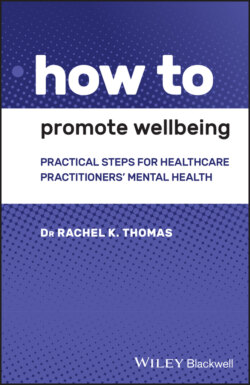Читать книгу How to Promote Wellbeing - Rachel K. Thomas - Страница 11
Problem factor: Accessing resources
ОглавлениеThe issue of the lack of adequate resources for mental health and wellbeing is universal. Across the globe 70% of the general population with a mental illness do not receive any treatment from trained healthcare staff (Figure 1.1).6 The reasons for this are multiple and complex; however, they include:
Ignorance of presenting signs and symptoms
Ignorance of treatment access pathways
Perception around mental health
Concerns about being discriminated against.2
Figure 1.1 Around 7 in 10 of the general population across the globe with a mental illness do not receive any treatment from trained healthcare staff.6
Approximately one‐third of global adult disability is due to issues surrounding mental health.2 So sobering are these statistics that bodies such as the WHO have responded with ‘Mental Health Action Plan’ directives.2 These include:
More effective leadership and governance for mental health
The provision of comprehensive, integrated mental health and social care services in community‐based settings
Implementation of strategies for promotion and prevention
Strengthened information systems, evidence, and research.7
As mentioned, evidence suggests that it may take almost a decade for treatment to begin for depression after depressed symptoms have first appeared.2 There is also evidence that delays in health professionals seeking treatment are greater than those of the general population. Hence the statistics for us and our colleagues could clearly be improved.
There are a range of different care options for mental health. While traditional face‐to‐face consultations with a trained clinician are key in some cases, there are a range of other, potentially more accessible treatment options that may be suitable in some cases. Some may include telemedicine, or complementary and alternative treatments. While some of these are in relative infancy, their potential is promising. Internet‐based cognitive behavioural therapy programmes aim to teach both cognitive skills – such as identifying depressogenic biases in how information is being processed – and behavioural skills, such as strategies to solve problems.
A range of factors may delay clinicians
accessing mental health and wellbeing resources.
Clinicians also may delay access to care due to concerns around confidentiality.8 There are other factors affecting how and why we access support in the way we do, as we will cover in the coming chapters.
